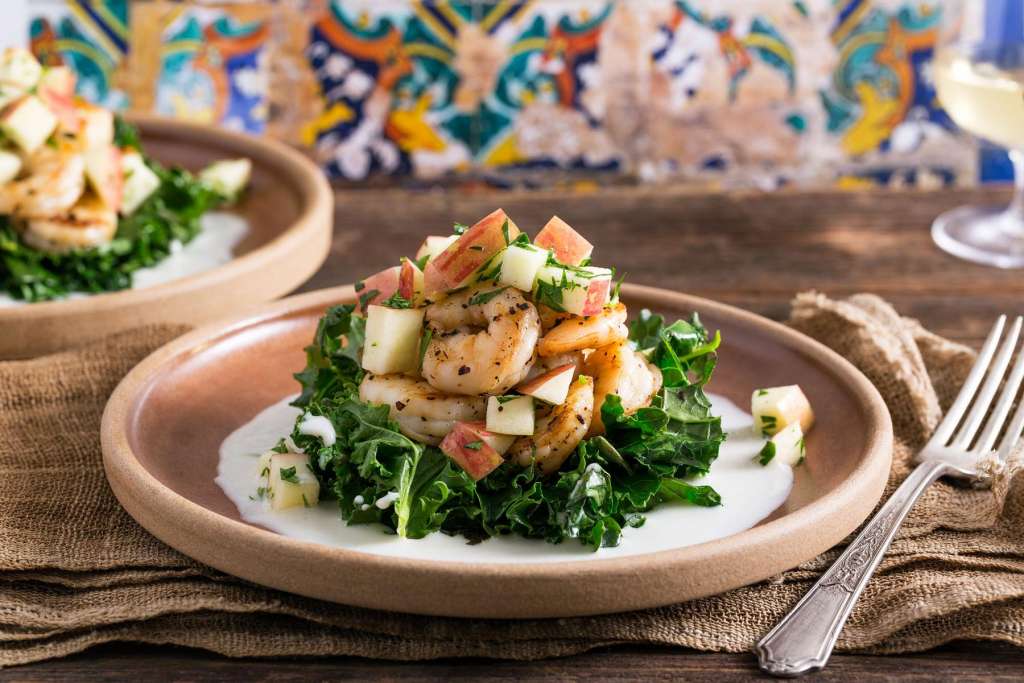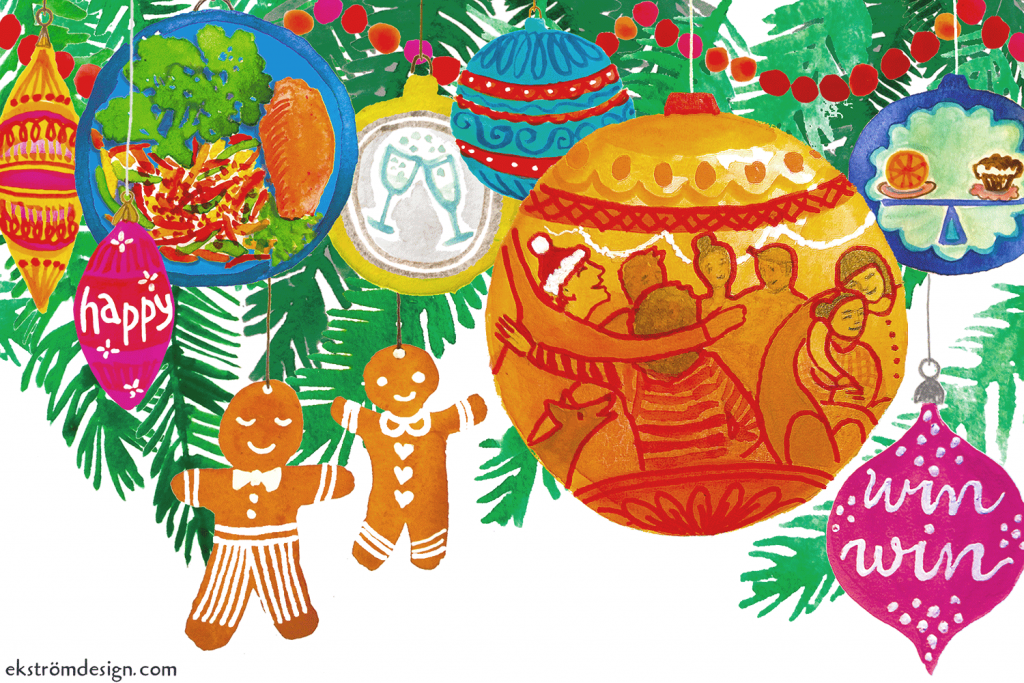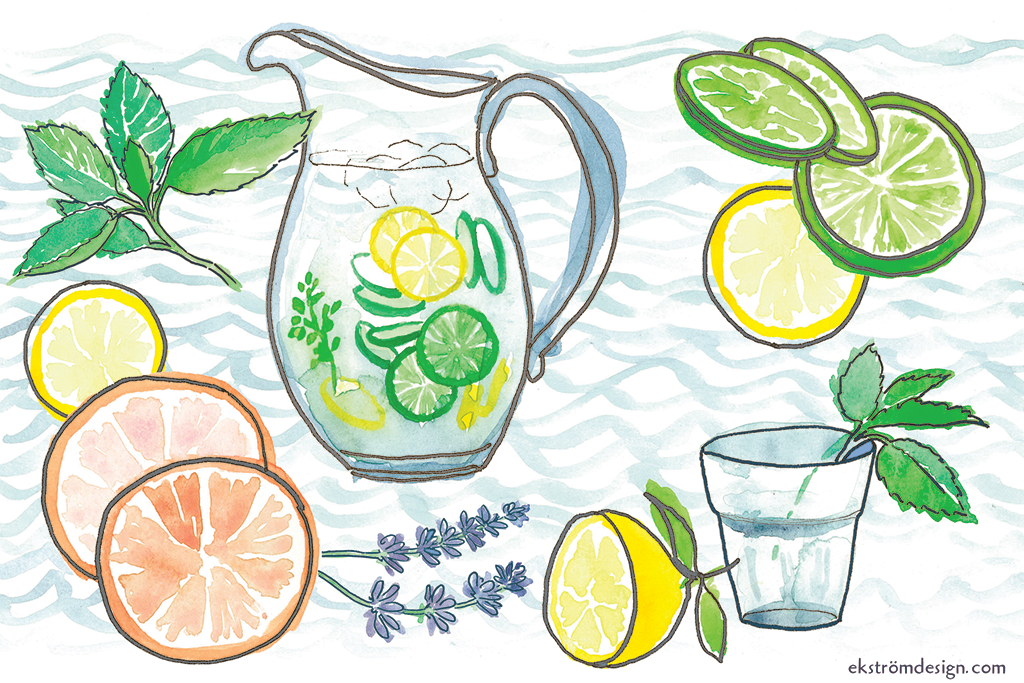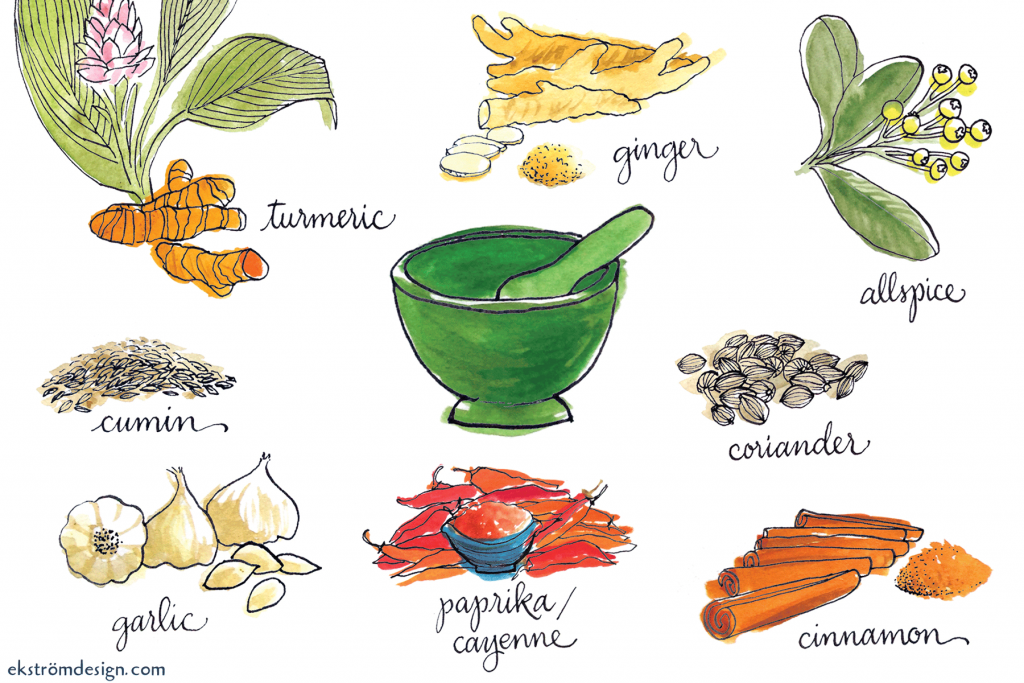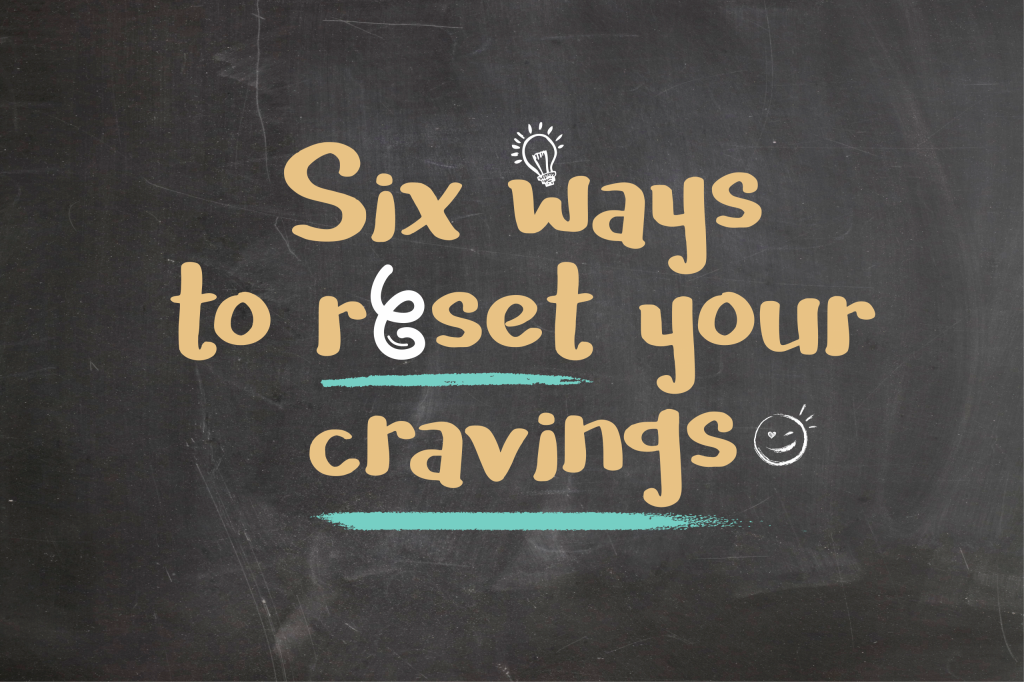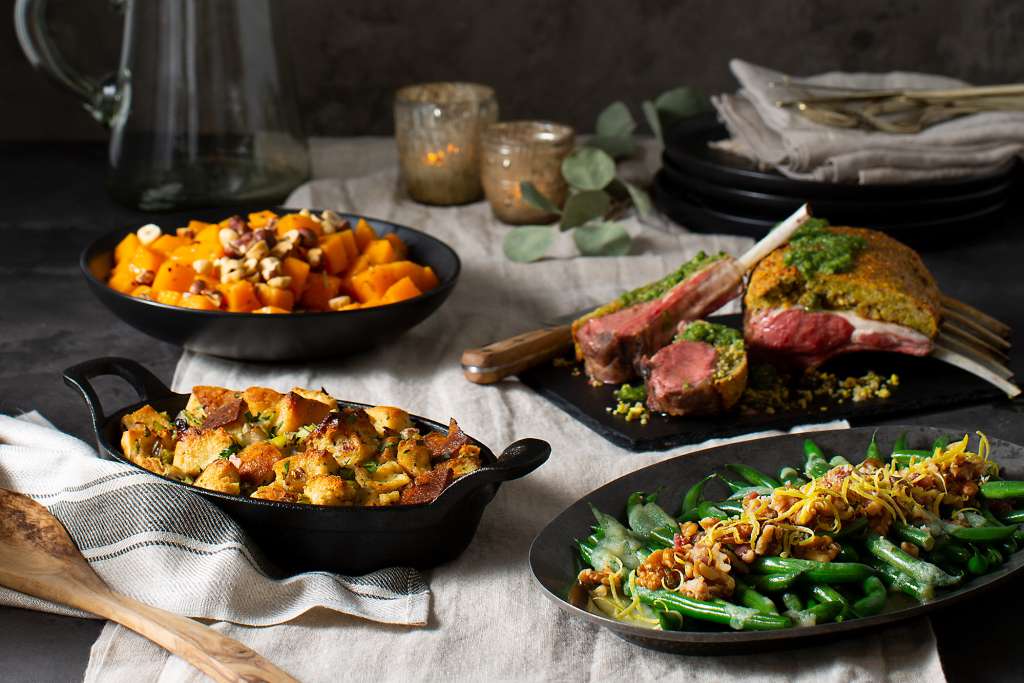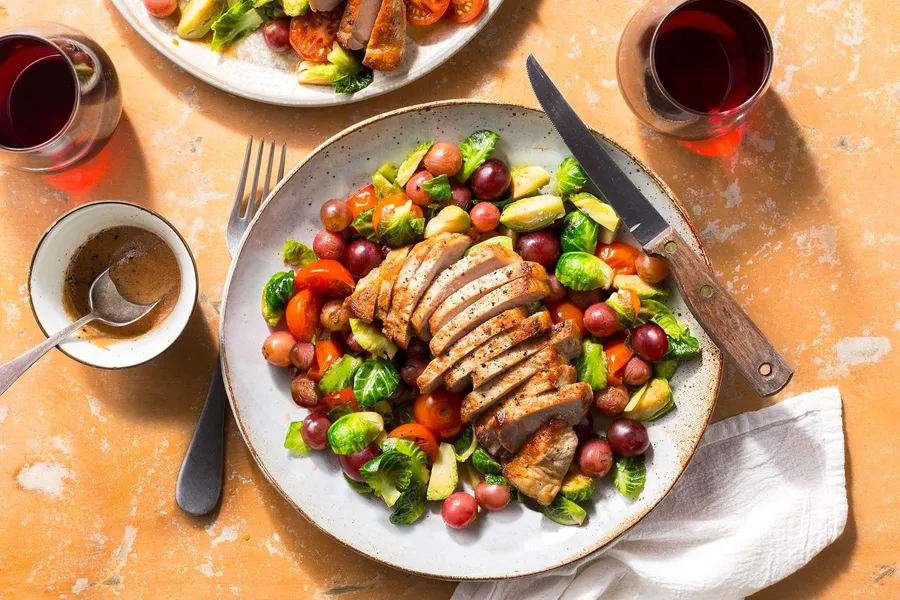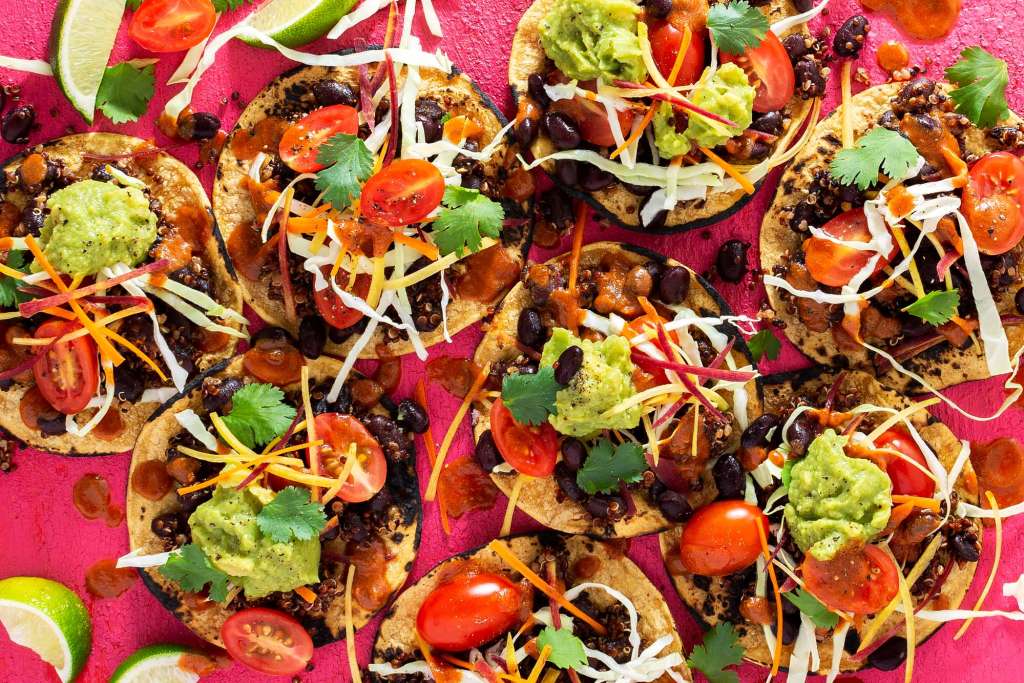Making Sense of Meat and Seafood Labels
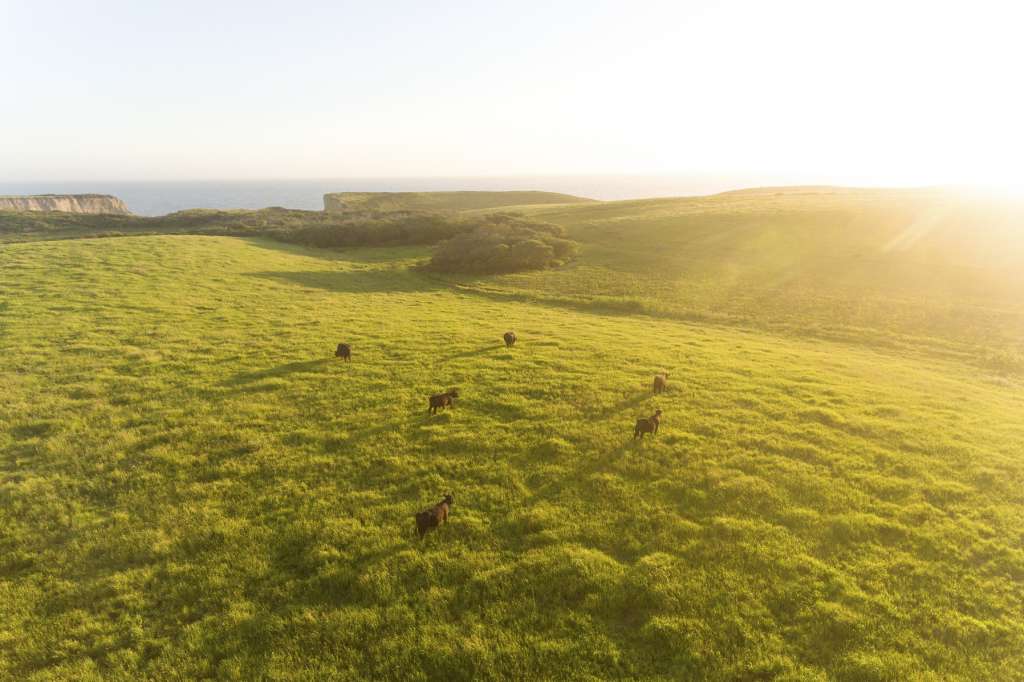
Anyone who cares about how their food is produced needs to know how to read a label, but the terminology isn’t always transparent. Here’s our glossary of some of the most common labels for sustainable meat and seafood.
Grass-fed
This term refers to meat that comes from animals that have access to pasture during grazing season and have never been given grain. While all cattle spend the first months of their life grazing on pasture, only those that eat grass for their entire life cycle are truly 100% grass fed.
No Added Hormones
Most feedlot cattle in the US are given hormones to make them grow faster, boosting the amount of meat per animal and putting fast cash in ranchers’ pockets. While the USDA and the FDA say the hormones are safe, groups like the American Public Health Association warm that these hormones can interfere with human hormone production and should be avoided. Federal regulations prohibit the use of hormones in pork and poultry.
No Antibiotics Ever
Ranchers use antibiotics to promote growth, sometimes as much 3 percent more weight than an animal would otherwise weigh, but there’s increasing evidence that this practice can lead to antibiotic-resistant superbugs. The words “no antibiotics ever” is exactly what it says. Any sick animals that required these drugs are removed from the “no antibiotics” line.
Non-GMO
To receive this label, a product has to be certified as containing ingredients with less than 1 percent genetic modification.
Organic
Only foods that are produced without most conventional pesticides; fertilizers made with synthetic ingredients or sewage sludge; bioengineering; or ionizing radiation, can be labeled organic. In order to earn USDA organic certification, foods must be grown and processed according to federal guidelines that take into account soil quality, animal husbandry, pest and weed control, and use of additives. Organic producers rely on natural substances and physical, mechanical, or biologically based farming methods to the fullest extent possible.
Pasture Raised
This label is used to indicate that the animals have been allowed to graze on pasture, a practice that reduces fossil fuel consumption, erosion, and greenhouse gases, while increasing soil fertility. All of Sun Basket’s beef and lamb is pasture raised.
Sustainably Sourced
Sun Basket only uses wild-caught seafood from fisheries that are certified sustainable by the Marine Stewardship Council (MSC) and rated either “Best Choice” or “Good Alternative” by the Monterey Bay Aquarium® Seafood Watch program.
Wild-caught
These words on a label indicate that the fish was caught in an ocean, river, or stream using nets, handlines, divers, or traps.
